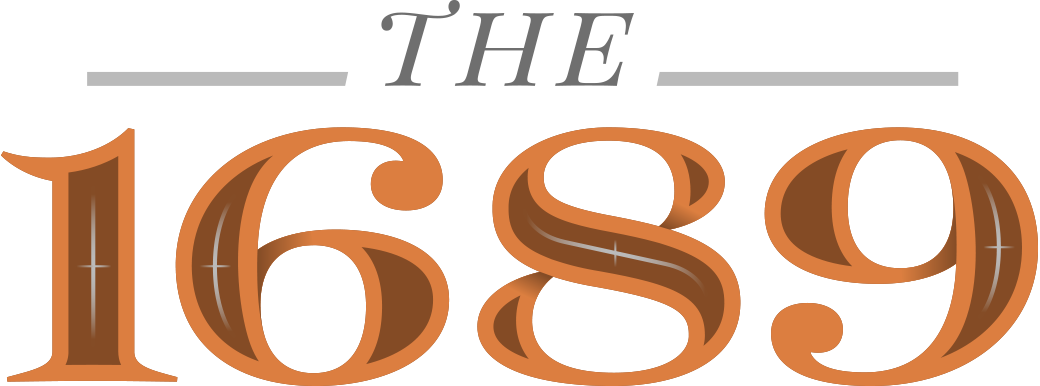Chapter 23
—
Paragraph 1
A lawful oath is a part of religious worship, wherein the person swearing in truth, righteousness, and judgment, solemnly calls God to witness what he swears,1 and to judge him according to the truth or falseness thereof.2
1 Exod. 20:7; Deut. 10:20; Jer. 4:2
2 2 Chron. 6:22–23
—
Paragraph 2
The name of God only is that by which men ought to swear; and therein it is to be used, with all holy fear and reverence; therefore to swear vainly or rashly by that glorious and dreadful name, or to swear at all by any other thing, is sinful, and to be abhorred;3 yet as in matter of weight and moment, for confirmation of truth, and ending all strife, an oath is warranted by the word of God;4 so a lawful oath being imposed by lawful authority in such matters, ought to be taken.5
3 Matt. 5:34,37; James 5:12
4 Heb. 6:16; 2 Cor. 1:23
5 Neh. 13:25
—
Paragraph 3
Whosoever takes an oath warranted by the word of God, ought duly to consider the weightiness of so solemn an act, and therein to avouch nothing but what he knows to be truth; for that by rash, false, and vain oaths, the Lord is provoked, and for them this land mourns.6
6 Lev. 19:12; Jer. 23:10
—
Paragraph 4
An oath is to be taken in the plain and common sense of the words, without equivocation or mental reservation.7
7 Ps. 24:4
—
Paragraph 5
A vow, which is not to be made to any creature, but to God alone, is to be made and performed with all religious care and faithfulness;8 but popish monastical vows of perpetual single life,9 professed poverty,10 and regular obedience, are so far from being degrees of higher perfection, that they are superstitious and sinful snares, in which no Christian may entangle himself.11
8 Ps. 76:11; Gen. 28:20–22
9 1 Cor. 7:2,9
10 Eph. 4:28
11 Matt. 19:11
